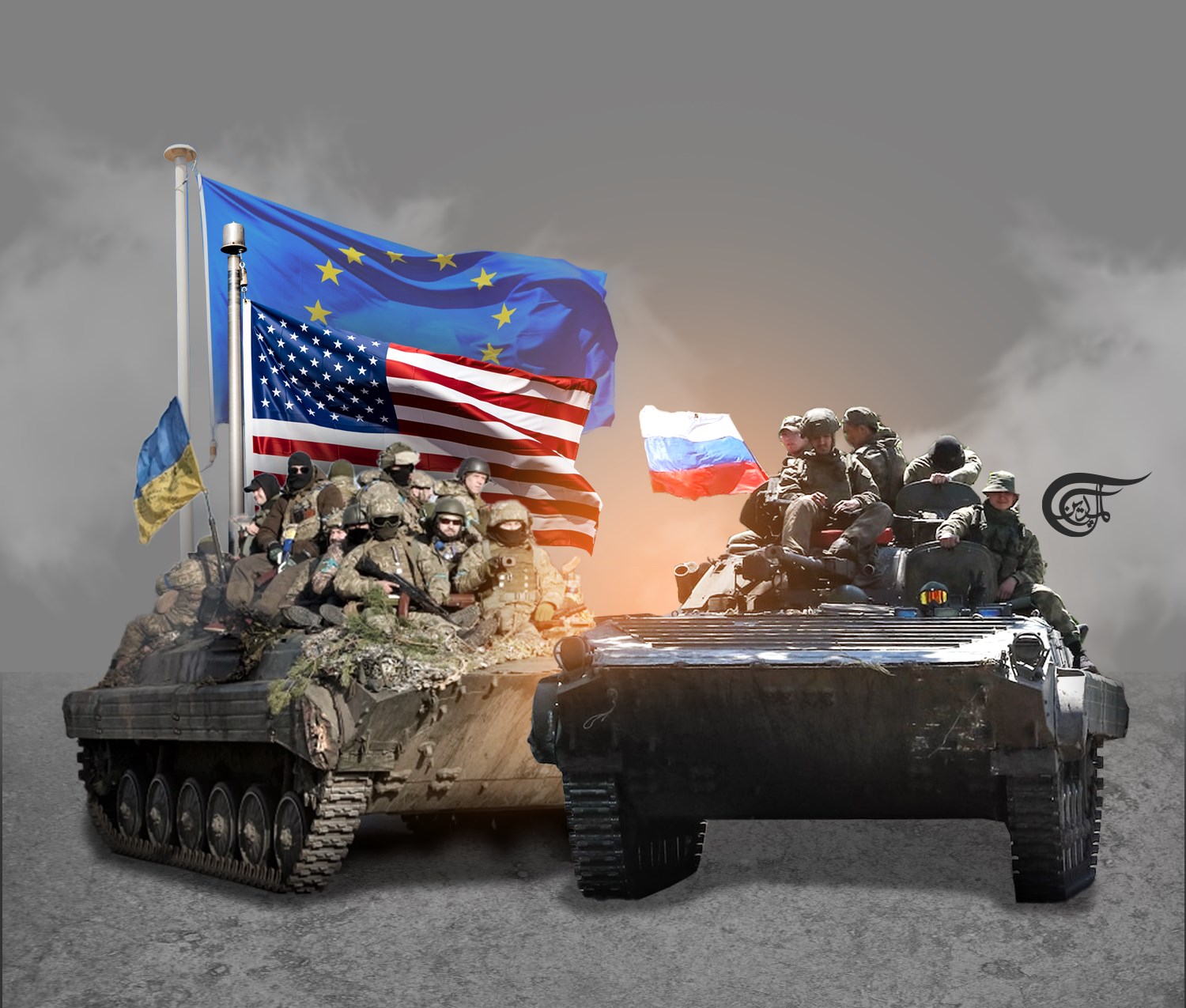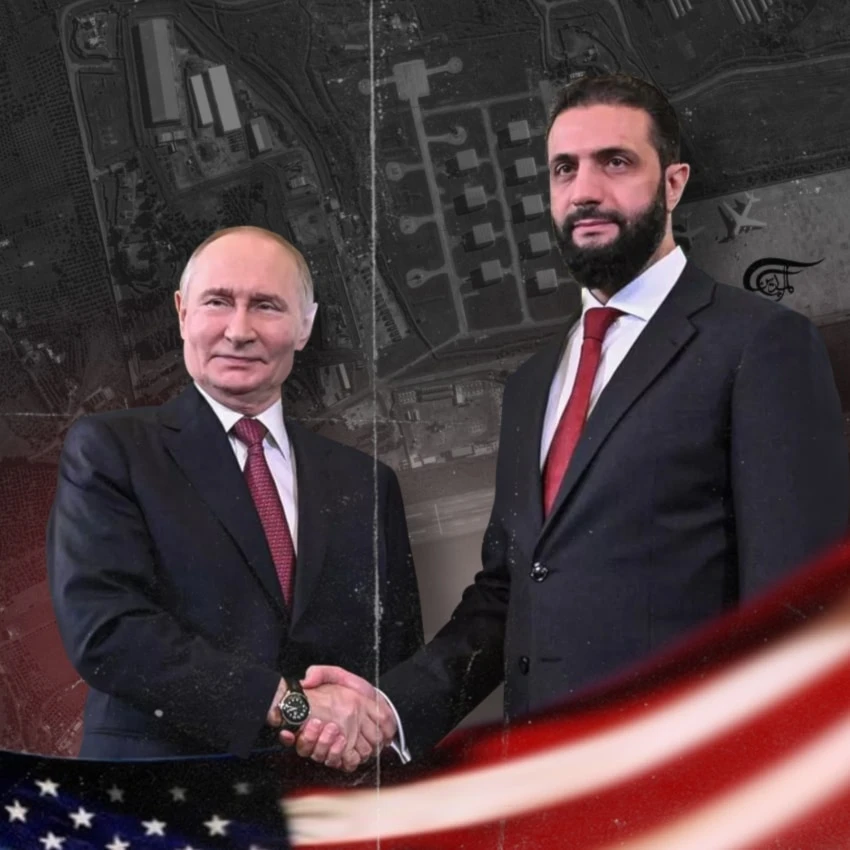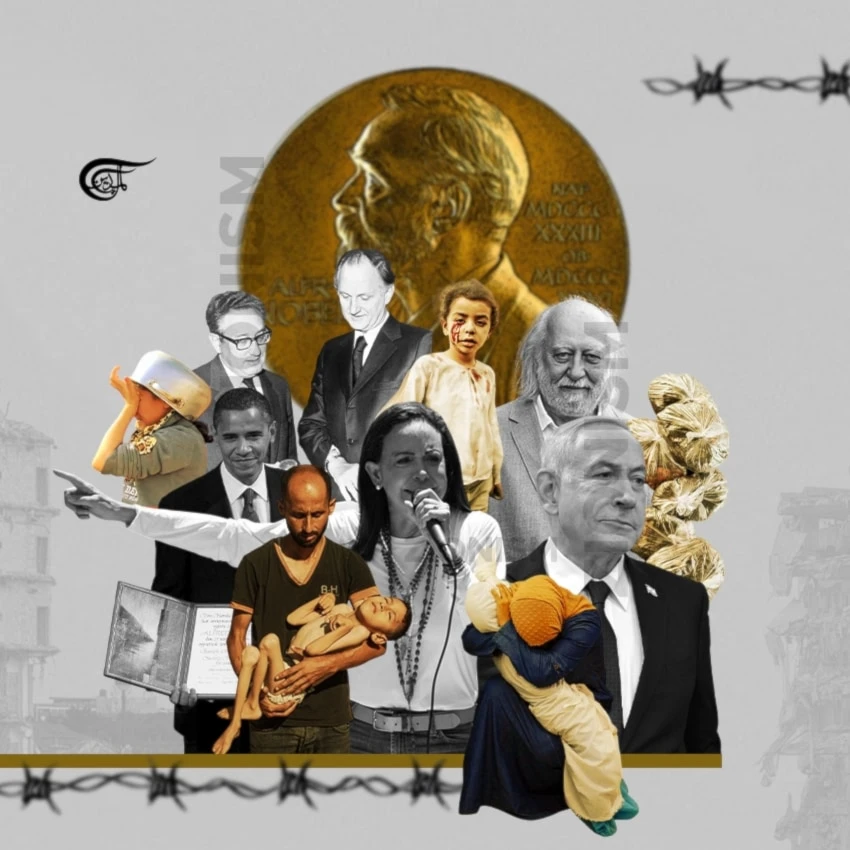Why the West does not want peace for Ukraine
It seems that the West is using Ukraine to fight a proxy war against Russia.
-

Why the West does not want peace for Ukraine.
Western leaders, in particular the UK’s current Prime Minister Boris Johnson, have for the last few months supported a counter-offensive by Ukraine against the advancement of Russian troops. Given the current cost of living crisis experienced in the UK and elsewhere, there is a risk that Western populations will diminish their support for Ukraine in the current climate. A new counter-offensive may be a way to revive this waning support. According to recent reports, the Ukrainian military has been able to commence the start of a counter-offensive in the Kherson region. It remains to be seen how successful this counter-offensive will be.
Like most compassionate and sensible people in the West, I hope and pray for a swift end to the current escalation in Ukraine. As each day progresses, more lives are lost on both sides and Ukraine suffers from greater destruction of its country. According to the Critical Disaster Project website as of August 15th, there have been 13,212 civilian casualties including 5,514 killed and 7,698 injured in Ukraine. Moreover, more than 10.8 million refugees have fled Ukraine to neighboring countries. Furthermore, the economic impact to date on Ukraine has been disastrous, the World Bank forecasts that Ukraine’s economy will shrink by about 45% in 2022, and it is difficult to envisage how the economy will recover in the midst of its ongoing conflict with Russia. The future for Ukraine and its people does indeed look bleak.
Naturally, the main goal of Western leaders should be to support negotiations that would lead to a resolution of this conflict as soon as possible. Why then are Western leaders and in particular Boris Johnson been supporting the drive for a counter-offensive against Russia? The UK Prime Minister previously cast doubt on any negotiations with Russia, stating in a Guardian article that Ukraine would not be able to trust Russia in any talks. One could argue that given Ukraine’s failure to implement the Minsk agreements, it is Russia and not Ukraine who should be wary of any agreements which are ratified. The only leader who seems to genuinely wish to broker negotiations between Russia and Ukraine is President Erdogan of Turkey, who arranged for peace talks to occur in Istanbul earlier this year.
The West seeks to escalate the conflict by continuing to supply weapons to Ukraine. The UK has recently announced a £100m package to bolster Ukraine’s defensive aid and the US has recently sent an $800 million package of military aid. The talks in Istanbul between Russia and Ukraine were progressing well with concessions being made, however, a solid outcome from these talks never materialized. According to some reports, Western leaders dissuaded the Ukrainian President from committing the compromises that he initially made. The West’s statements expressing their commitment to Ukraine and its people are insincere in light of their continued escalation of the conflict. If the West truly cared about the loss of life and the Ukrainian homeland, they would seek to broker a negotiation and peace agreement and would do everything in their power to support this. Instead, it seems that the West is using Ukraine to fight a proxy war against Russia.
The West often likes to guise interventions and involvement in other countries' affairs under the pretext of altruistic reasons. With Saddam Hussein, part of the war was justified by the removal of an evil dictator and of course the threat of WMD which never existed. Yet, the fact that Western companies earned a massive share of profits from oil reserves through production sharing agreements I am sure played a large part in the Western desire for regime change in the country. Similarly, NATO gave the pretext of human rights violations as an excuse to launch its campaign against the Gaddafi regime. However, the West regarded Gaddafi’s desire to establish an independent African currency as a significant threat to the financial world.
If Western leaders did indeed possess compassion for human life, they would be seeking to resolve this current conflict and support every action which could lead to an end of the war. Their commitment to the preservation of human life should be guiding their actions and resolve in this conflict. Yet, sadly this is not the case and Western leaders seem to be using the current conflict as ammunition against Russia. The EU has now adopted a seventh package of sanctions against Russia, some measures in this new package of sanctions include prohibiting the purchase and transfer of gold if it originates in Russia. As long as the conflict continues to develop the West can use it as a pretext for trying to cripple the Russian economy and ultimately lead to regime change in Russia itself. However, thus far Russia’s economy, although affected by the sanctions appears to be remarkably resilient and there are no signs that President Putin is likely to leave office. It remains to be seen how far the West will go in supporting Ukraine and how many Ukrainian lives will be lost before the West finally changes course and supports negotiations between Russia and Ukraine.

 Natalie Jones
Natalie Jones
 5 Min Read
5 Min Read











